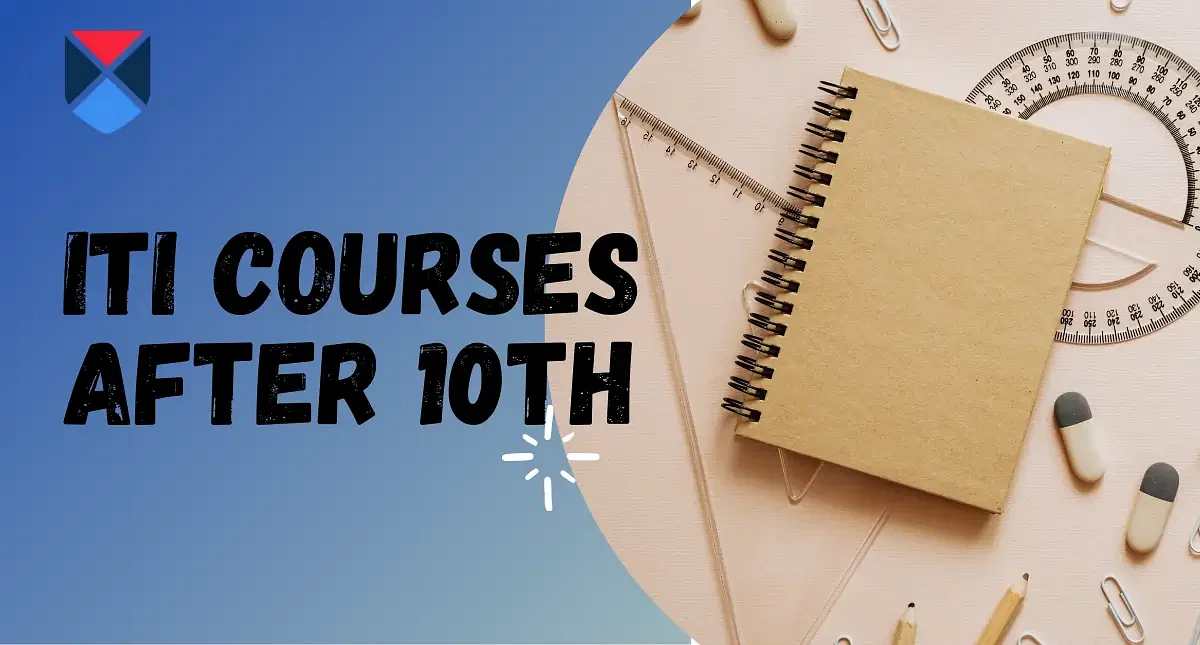Are you confused between choosing B.Sc Economics vs BA Economics? Get insights about the course prospects, scope, salary, jobs and comparative study of B.Sc. Economics or BA Economics.
Students are often confused between the two i.e., BA Economics and B.Sc Economics, as both the courses aim at the specific domain of Economics.
B.Sc Economics is a three-year undergraduate course that focuses on functional experience in the field, while a BA Economics is a three-year undergraduate course that focuses on theoretical aspects.
Both BA and B.Sc streams offer good job scopes with a highly competitive pay scale. But, which is better than the latter? Let's find out.
B.Sc Economics vs BA Economics - Key Highlights
A B.Sc in economics is most likely to be paired with a science-based subject like algebra, while a BA in economics can be combined with a variety of subjects such as languages, politics, and psychology.
The major difference between B.Sc Economics and BA Economics are:
| Criteria | B.Sc Economics | BA Economics |
| Full-form | Bachelor of Science in economics | Bachelor of Arts in economics |
| Duration | 3years | 3years |
| Eligibility | 10+2 with a minimum of 50% aggregate. | 10+2 with English as a mandatory subject. |
Course fees |
INR 1 LPA | INR 80K |
| Average Salary | INR 6 LPA | INR 5.48 LPA |
| Job profiles | Investment, Banker, Management Consultant, Data Scientist | HR Manager, Executive Assistant, Data Analyst |
B.Sc Economics vs BA Economics - Overview
"Economics is the branch of science that studies the creation, use, and transition of resources." For those interested in pursuing this degree, the B.Sc Economics program lasts three years. Law studies, money and banking, global finance, economic history, foreign exchange, and joint judgments are all topics included in this course. A B.Sc in Economics offers a wide range of work opportunities and a lucrative career.
Read More about B.Sc Economics
BA Economics, or Bachelor of Arts in Economics, is an undergraduate program that prepares students to analyze economic processes. This course examines not just the current problems that an economy faces, but also the historical backgrounds that have shaped the economy. With the well-designed BA economics topics, students are made familiar with current economic conditions in India as well as international trade policies that influence our country's economy.
Read More about BA Economics
B.Sc Economics vs BA Economics - Eligibility Criteria
Eligibility criteria differ from college to college based on the reputation that the college holds. Some colleges may take admissions based on merit scores only, whereas some consider a score from an entrance exam and merit collectively. Here are generalized eligibility criteria for both courses.
B.Sc Economics
- 10+2 from any recognized Board with a minimum aggregate of 50 - 55% for qualifying for the entrance examinations.
- 17 - 23 years of age is required.
- Mandatory subjects are Mathematics, English, and Science.
BA Economics
- 45%-50% aggregate marks in 10+2 examination with Mathematics as a compulsory subject.
- Usually, colleges consider the best 4 subjects for aggregate including Mathematics.
B.Sc Economics vs BA Economics - Admission Procedure
The admission process is continued once eligibility criteria are met. Candidates have to apply for the colleges based on their eligibility and appear for the entrance exam or wait for a counseling process based on the requirements of the colleges.
A few of the entrance exams for both the courses are:
Admission Procedure for B.Sc Economics
- The course is done in dual-mode one can apply through a merit basis and the second method is the entrance examinations.
- The candidate has to check the eligibility criteria and then apply for the colleges through online or offline mode.
- After clearing the entrance exam, the final list of selected candidates is being rolled out by the colleges.
Admission Procedure for BA Economics
- When the 10+2 results are out, candidates may register for the course in their chosen colleges through online or offline mode.
- Candidates must meet the institute's minimum percentage requirement. They would be admitted to the college if they have the requisite percentage.
- For certain universities, there is an interview round/entrance test for the same course. Candidates will be selected based on collective scores.
B.Sc Economics vs BA Economics - Syllabus
The themes and syllabus for the B.Sc Economics program are mostly concerned with the fundamentals of mathematics and economics. Those interested in taking the course should have a clear understanding of mathematics and commerce.
The BA Economics Subjects include topics such as economics in general, supply and demand, period prediction, macroeconomics, and national income, among others.
Mentioned below are the major subjects related to B.Sc Economics:
- Elementary Mathematics for Economics
- Microeconomics
- Mathematical Applications in Economics
- The Monetary System
Read More on B.Sc Economics Syllabus and Subjects
Mentioned below are the major subjects related to BA Economics:
- Introductory Economics
- Statistical Method in Economy
- Mathematical Methods in Economics
- Introductory Macroeconomics
- Intermediate Economics
Read More on BA Economics Syllabus and Subjects
B.Sc Economics vs BA Economics: Job Opportunities
B.Sc Economics vs BA Economics is a well-known course with outstanding career opportunities for graduates. While there are certain differences in specializations and knowledge between these two courses, the career pathways they lead to are vastly different.
Job opportunities available for B.Sc Economics are as follows:
- Data Scientist
- Medical Professionals
- Blockchain Developer
- Machine Learning Experts
- Investment Banker
- Product Management
- Full-Stack Software Developer
- Management Consultant
Read More on B.Sc Economics Jobs
Job opportunities available for BA Economics are as follows:
- Sales Executive
- Budget Analyst
- Business Writer
- Market Analyst
- Economist
Read More on BA Economics Jobs
B.Sc Economics vs BA Economics - Average Salary
Salary in India depends upon the performance and the skills that an aspirant possesses along with the work experience. Packages for graduates generally depend upon the knowledge and industry norms.
B.Sc Economics jobs salary packages are:
| Designation | Average Salary (INR) |
| Professor | INR 6.2 LPA |
| Finance Consultant | INR 9.8 LPA |
| Banker | INR 7 LPA |
| Accountant | INR 5 LPA |
| Audit Officer | INR 11 LPA |
Read More on B.Sc Economics Salary
BA Economics jobs salary packages are:
| Designation | Average Salary (INR) |
| Human Resource Manager | INR 6.26 LPA |
| Research Analyst | INR 4.16 LPA |
| Operations Team Leader | INR 5.14 LPA |
| Executive Assistant | INR 4.37 LPA |
| Operations Manager | INR 6.68 LPA |
Read More on BA Economics Salary
B.Sc Economics vs BA Economics - Top Colleges in India
Top colleges are the ones to aim for if candidates want to accomplish goals. These educational institutions provide students with the most up-to-date learning information to help them obtain an undergraduate degree from the best university.
Top B.Sc Economics colleges in India are:
- Xavier College
- Chandigarh University
- Xavier College
- Christ University
- Ramakrishna Mission Vidyamandira Howrah
Top BA Economics colleges in India are:
- Ethiraj College
- Lady Shri Ram College for Women
- Loyola College
- Sri Guru Gobind Singh College of Commerce
- Ramjas College
BA Economics or B.Sc Economics - Which One to Choose?
There is never just one right choice for anyone when it comes to deciding between BA Economics and B.Sc Economics. The candidate must choose a path that is related to his or her desires and desires.
Focus: The Bachelor of Science in Economics (B.Sc Economics) is a bachelor's degree program in economics that focuses on mathematics and mathematical theory. It's about students who like to use mathematics to learn more about today's culture.
Opportunities: Both the courses have similar kinds of job opportunities and salaries for the freshers. Though some of the jobs are specific to courses, in that case, the candidate has to choose which one to select.
Candidates must select the course which suits best with their area of interest and specializations. Both the courses have good opportunities as well as higher value in the market.










